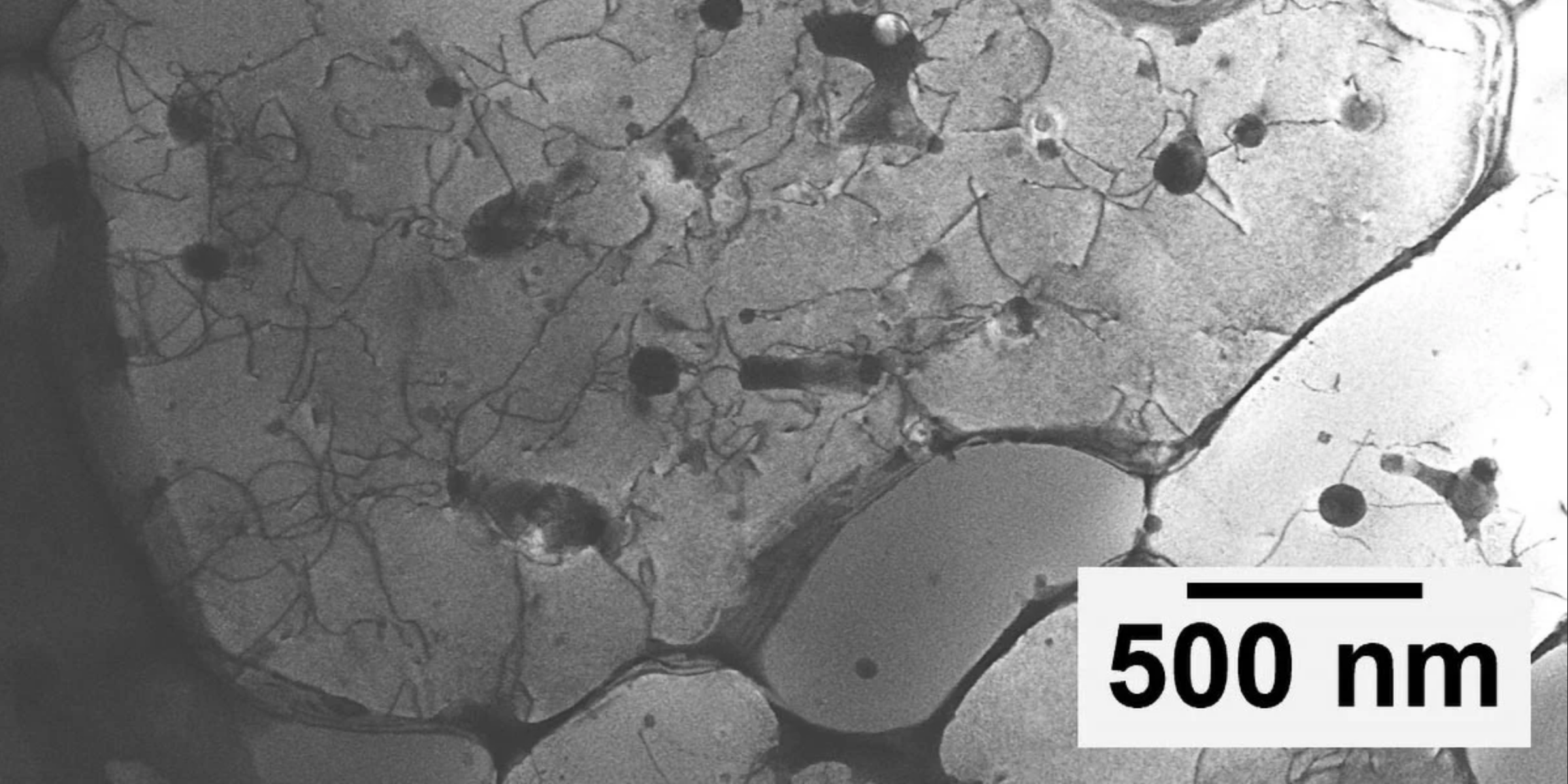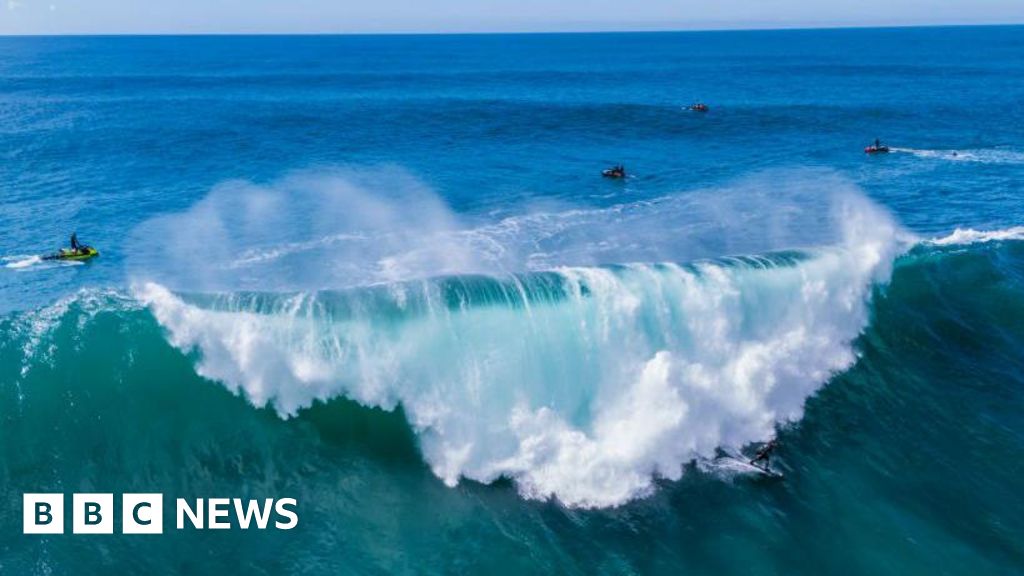New Analysis Suggests Life on Titan is Possible but Highly Unlikely

Saturns moon Titan has long captured the imagination of scientists and enthusiasts alike, often regarded as one of the most intriguing celestial bodies in our solar system when it comes to the possibility of extraterrestrial life. A new analysis has brought some clarity to this fascination, concluding that while life on Titan is theoretically possible, conditions would only allow for an incredibly sparse existence.
Titan stands out as the only moon in the entire solar system with a thick, dense atmosphere, which is a crucial component for life as we know it. The moon is also home to vast bodies of liquid, including hidden reservoirs of liquid water trapped beneath layers of solid ice. However, despite these promising features, an international team of astronomers has determined that if life were to exist on Titan, it would be limited to a biomass comparable to that of a moderately overweight cat.
This study comes two decades after the groundbreaking Cassini-Huygens mission, a collaboration between NASA, the European Space Agency (ESA), and the Italian Space Agency. This mission significantly advanced our understanding of Saturn and its numerous moons. The Huygens lander, which separated from the Cassini probe, made an unforgettable descent through Titans atmosphere and successfully landed on January 15, 2005. This moment marked a milestone in exploration as it was the first instance of a human-made object landing on Titan, providing invaluable data about its mysterious environment.
Over the years, various celestial bodies have been identified as potentially capable of supporting life. Data collected from the Huygens probe indicated that Titan could be one of the top contenders. The probe revealed a rich atmosphere, where essential chemical processes could lead to the formation of organic compoundsthe fundamental building blocks of life.
However, it is crucial to note that the presence of organic compounds does not automatically imply the existence of life. To delve deeper into the potential for microbial life on Titan, Antonin Affholder, a postdoctoral researcher at the University of Arizona, led a team to investigate the likelihood of life arising under Titan's harsh conditions. Their hypothesis was that if life were to emerge on Titan, it would likely utilize fermentationa primitive process in which organisms convert organic compounds into energy without relying on oxygen.
Interestingly, fermentation is a process many people became familiar with during the COVID-19 pandemic, as homemade sourdough took off as a popular culinary endeavor. Just as fermentation is a sign of life on Earth, scientists were curious whether similar processes could occur in the icy depths of Titan's oceans.
Through their research, the team identified glycine, an amino acid that plays a vital role in the building of proteins, as the organic compound most likely involved in potential fermentation processes on Titan. Although glycine has been detected on Titans surface, scientists are left pondering whether sufficient amounts of this amino acid could reach the moons liquid oceans, which are buried under ice ranging from 31 to 124 miles (50 to 200 kilometers) thick.
Unfortunately for those harboring hopes of discovering microscopic extraterrestrial organisms on Titan, the results of the analysis were not particularly encouraging. As outlined in their findings published in The Planetary Science Journal, the researchers emphasized that while they do not categorically deny the possibility of life, the reality seems grim. In fact, should life exist, it would be in minuscule quantities. The projected amounts of glycine that could end up in the moons liquid water would only support a mere 16.5 pounds (7.5 kilograms) of carbon. To put this into perspective, that is roughly equivalent to the weight of an average house cat, which is often put on a diet.
Affholder commented on the findings, stating, There has been this sense that because Titan has such abundant organics, there is no shortage of food sources that could sustain life. We point out that not all of these organic molecules may constitute food sources, the ocean is really big, and theres limited exchange between the ocean and the surface, where all those organics are, so we argue for a more nuanced approach.
He further elaborated on the limitations, noting, Such a tiny biosphere would average less than one cell per liter of water over Titans entire vast ocean.
While the findings might feel disheartening for those dreaming of discovering new forms of life beyond Earth, its essential to approach these revelations with curiosity and a sense of wonder. After all, if sourdough can bring joy in tough times, who knows what other surprises lie in the universe?

























